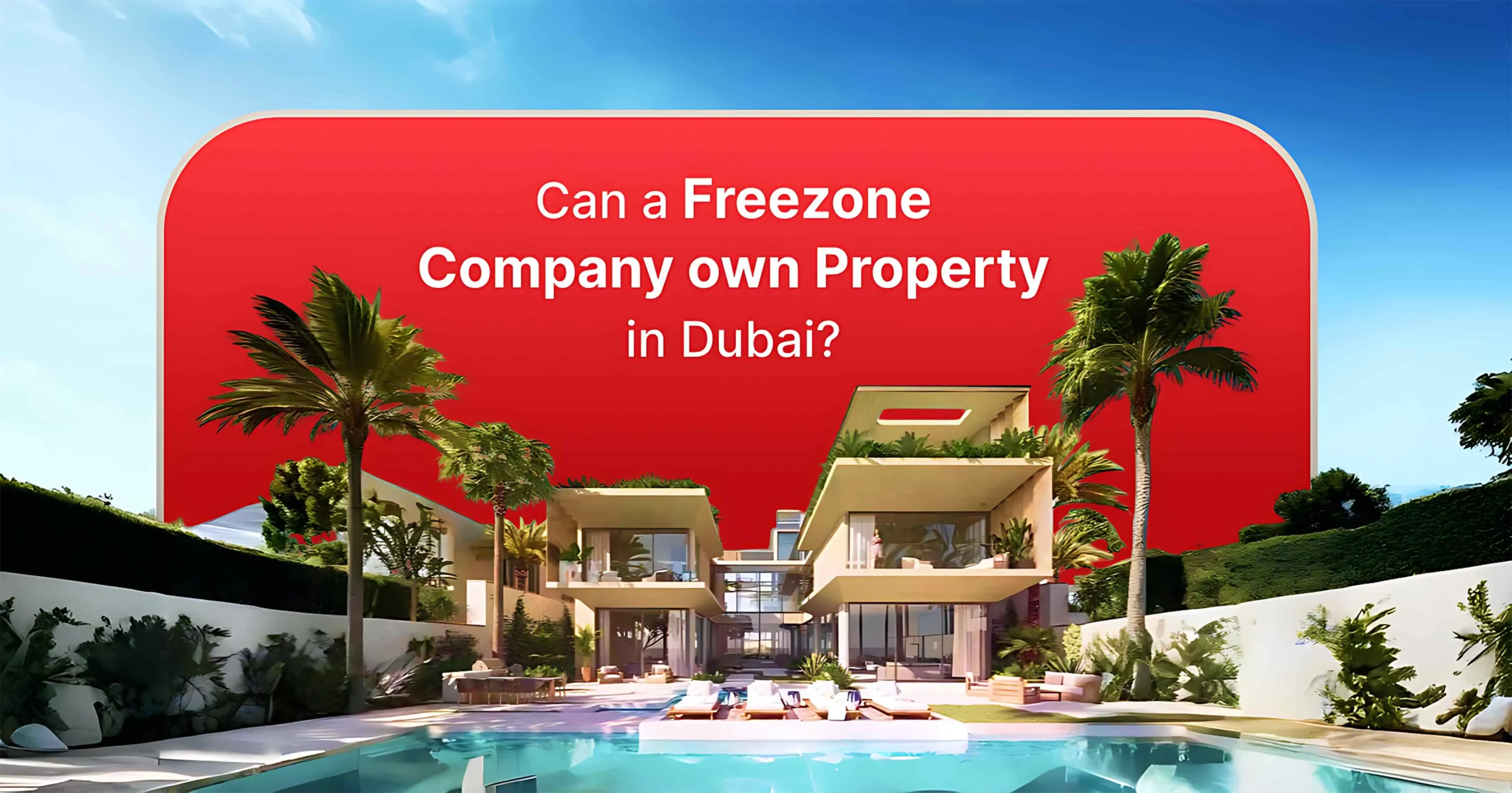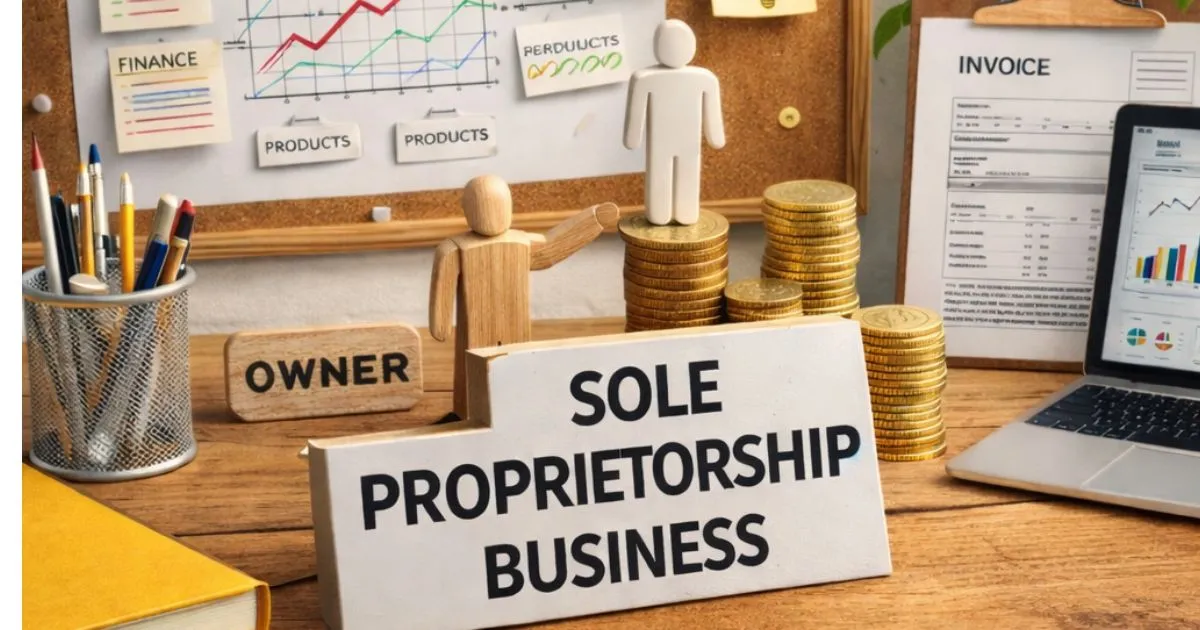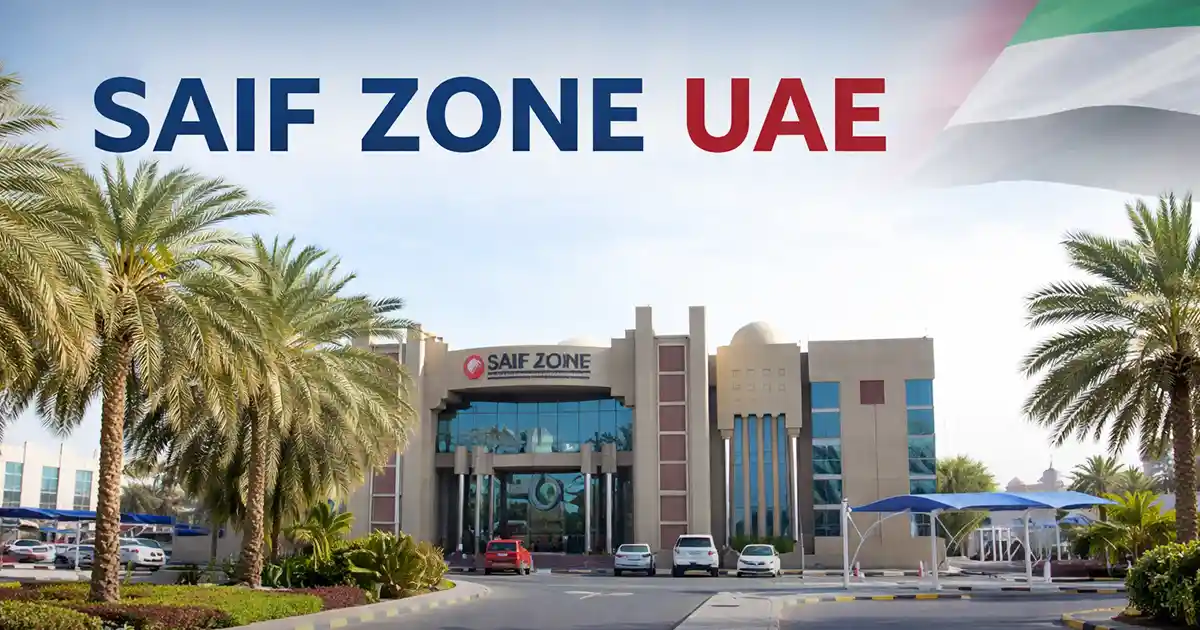The short answer is a definitive “yes.” Property ownership is no longer an exclusive privilege of mainland companies. A new framework allows qualifying free zone businesses to acquire, hold, and manage property assets, offering a strategic advantage for business stability and growth. This change has transformed the conversation for a Business Setup in Dubai Free Zone, shifting it from one of mere tenancy to one of asset building.
Previous Rules—Historical Restrictions
Historically, free zone companies faced significant limitations regarding property ownership. These entities were often considered “offshore” for real estate purposes. This classification barred them from acquiring property in mainland Dubai’s designated freehold areas.
For those who aren’t aware, “offshore company setups” are businesses registered in a jurisdiction separate from where they primarily operate. In Dubai, this classification limited free zone companies from owning property directly in mainland freehold areas.
Common hurdles included:
- Reliance on a Mainland Structure: A free zone company, which enjoys 100% foreign ownership, often has to establish a separate mainland company with a UAE national partner (holding a 51% stake) just to acquire a property. This complex structure created legal and operational risks and limited direct control.
- Individual Ownership: Many free zone business owners had to register the property under their personal name rather than the company’s name. This practice entangles personal and business assets, creating complications for legal liability and estate planning. It also prevented the company from using the property as a corporate asset for financing.
These restrictions discouraged significant capital investments in real estate and complicated expansion strategies for free zone businesses.
What Has Changed in 2025?
A major policy reform, spearheaded by the Dubai Land Department (DLD), has opened a new era for business and real estate integration. In July 2025, the DLD signed a historic Memorandum of Cooperation (MoC) with Masdar City, allowing companies licensed in that free zone to own freehold property in Dubai’s mainland. This agreement marked a significant turning point, setting a precedent for similar partnerships.
A freehold property gives you complete ownership of the land and any building on it in perpetuity. This is the highest form of ownership and a key factor for long-term investment. The new rules align with Dubai’s Real Estate Strategy 2033 and the broader Dubai Economic Agenda D33, which aim to double the emirate’s economy and attract increased foreign direct investment.
They create a seamless path for free zone companies to invest in the city’s thriving real estate market.
Know more: How to Start a Real Estate Business in Dubai?
Limited Free Zone Approvals
It’s important to note that this opportunity is not available to all free zone companies. Currently, only a few free zones have received DLD approval for freehold property ownership, including:
- Masdar City,
- Jebel Ali Free Zone (JAFZA),
- Dubai International Financial Centre (DIFC),
- Dubai Multi Commodities Centre (DMCC), and
- Dubai South,
Companies in other free zones must await future agreements or explore alternative investment options.





